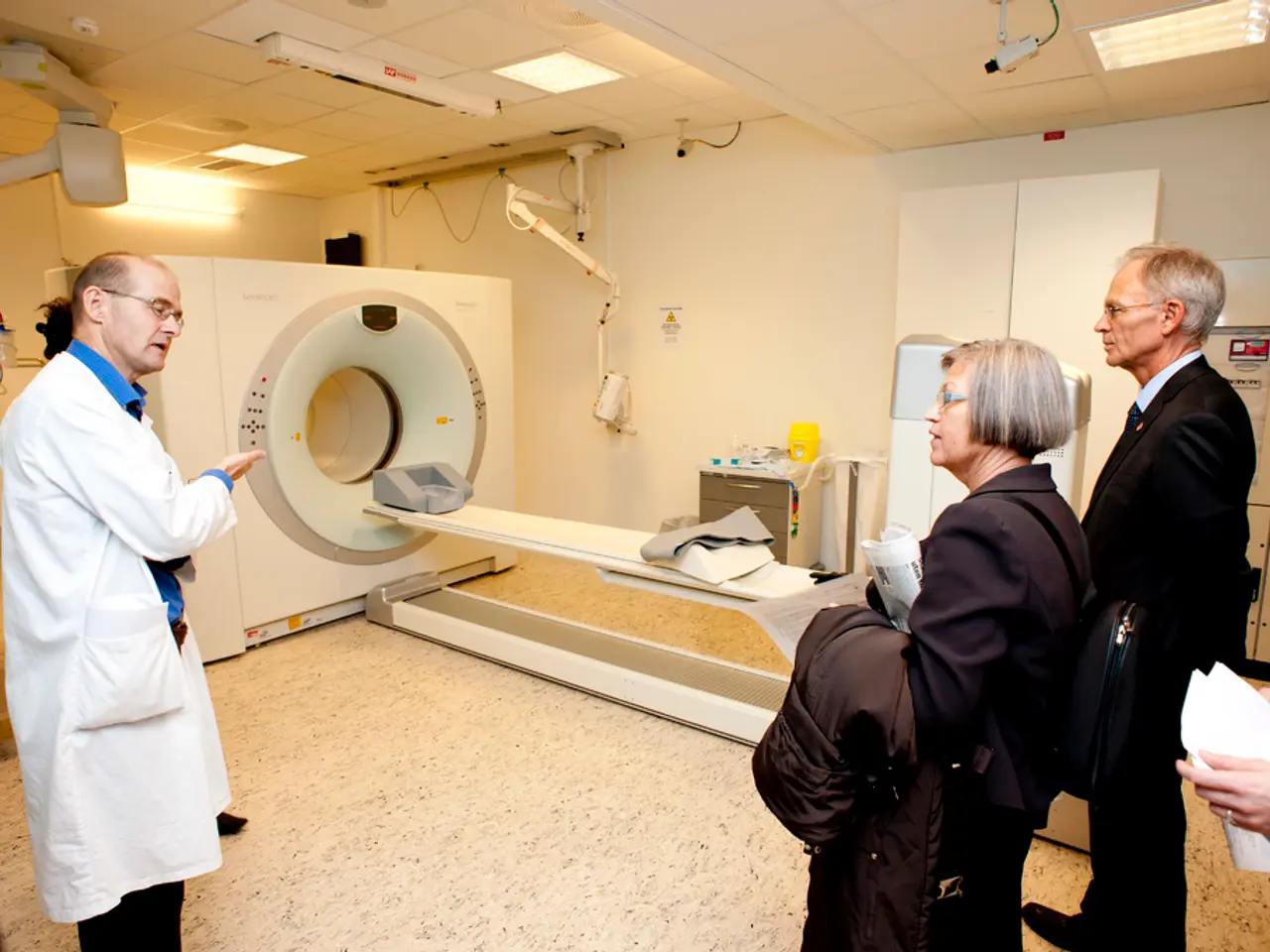Anticipation of American Takeover in Bozen on May 4, 1945
As the Allies advanced northward through Italy, the region of South Tyrol found itself at the epicentre of a series of significant events leading to the end of World War II.
- German Control Crumbles
Following the removal of Mussolini in 1943, German forces established a puppet Fascist state in northern Italy, including South Tyrol. The predominantly German-speaking region was under German military and political influence during the late war years.
- Allied Advance from South to North
The National Liberation Committee called for an uprising in Northern Italy on April 25, 1945, which accelerated the collapse of German forces. Mussolini was captured and executed in late April, and German and Fascist forces formally surrendered in Italy on May 2, 1945.
- South Tyrol's Post-War Status
Despite local protests and the German-speaking majority population's opposition, South Tyrol was returned to Italy based on the Council of Foreign Ministers' decision on September 4, 1945. The region was officially recognized as an Italian territory, becoming an autonomous province (Bolzano/Bozen).
- Allied Arrival and Occupation
The Allies agreed on occupation zones in Austria and adjacent regions, including South Tyrol, from July 9, 1945. Although South Tyrol was returned to Italy, the Allied occupation influenced the region’s post-war administration, solidifying Italian control despite Austrian/German cultural ties.
- The Retreat of German Forces
Simultaneously, Allied troops broke through the front lines, and the German armies were retreating over the Po and were exposed to massive partisan attacks. On May 2nd, 1945, the armistice came into effect in Italy, and Army Group C surrendered unconditionally.
Thousands of German soldiers streamed uncontrolled back into the German Reich on the streets of South Tyrol on May 2nd, 1945. Civilians, soldiers, and officers in Bolzano had been waiting since May 4th for the arrival of the occupying army. On May 5th, 1945, the armies united in Nauders behind the Reschen, and Lt. Col. S. H. White of the liaison mission to the Allied 15th Army Group arrived in Bolzano.
The border at Innichen was sealed off on May 4th, 1945, by the Allied forces, and the military centers of the German armies and a number of personalities of the National Socialist leadership apparatus were brought to South Tyrol. GI Bill Healey, in his memoirs, described the end of the war as a "wonderful feeling - almost impossible to describe."
Bruno de Angelis of the National Liberation Committee of Northern Italy took over the administration of South Tyrol on May 3rd, 1945, under threat of an invasion by partisan groups. On Adolf Hitler's birthday, April 20th, the Allies bombed the headquarters of the German Army Group C in Recoaro, Venice.
For the Americans stationed in Trentino and Belluno, the armistice meant only a brief pause. Three units of the American forces received orders to reach the Brenner as quickly as possible on May 4th, 1945. In Bolzano, it was soon rumored that partisans and American forces were approaching from several sides of the city.
In the night from April 22nd to 23rd, the headquarters of Army Group C were moved from Recoaro to South Tyrol. As the war in Italy neared its end in April 1945, the stage was set for the Allied forces to enter South Tyrol and bring an end to the conflict in this region.
[1] Encyclopedia Britannica. (2021). South Tyrol. https://www.britannica.com/place/South-Tyrol [2] BBC History. (2021). World War Two: Italy's surrender. https://www.bbc.co.uk/history/worldwars/ww2/timeline/italian_surrender_01.shtml
- Tensions in South Tyrol Post-War
The predominantly German-speaking region of South Tyrol, despite being returned to Italy, faced political tensions due to the opposition from its majority population and the influence of German cultural ties, even though the Allied occupation had ended.
- Global Events and Local Effects
The news of wars and conflicts, including those in South Tyrol, were not just matters of foreign politics, but deeply affected the everyday lives of people, shaping the management of the region and calling for decisions from the highest levels of government.







